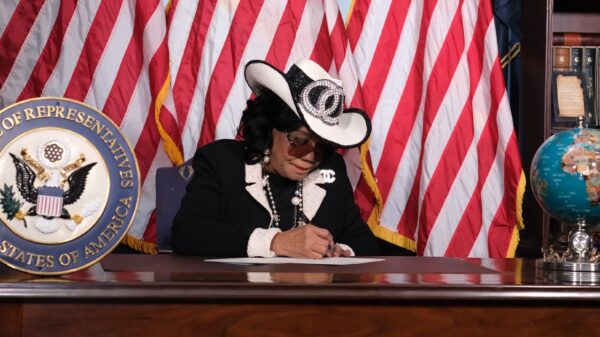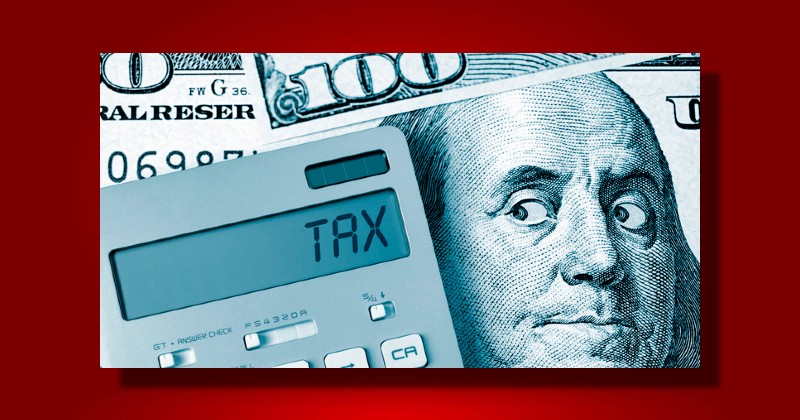Last week, U.S. Rep. Ted Deutch, D-Fla., helped lead a letter signed by more than 30 congressional Democrats to U.S. Treasury Sec. Janet Yellen and Commissioner of Internal Revenue Charles Rettig calling for the IRS to reverse rules that ended disclosure requirements for tax-exempt groups engaged in political activity.
This letter calls on the Biden administration to reverse the rules, which were set up by the Trump administration, and ensure that the IRS can enforce the law and prevent foreign money from influencing our elections. A similar letter was sent last month by 38 senators, led by U.S. Sen. Amy Klobuchar.
U.S. Rep. Frederica Wilson, D-Fla., signed the letter which is below.
Dear Secretary Yellen and Commissioner Rettig:
We write to urge the Treasury Department and Internal Revenue Service (IRS) to reverse the Trump Administration’s decision to eliminate disclosure requirements for certain tax-exempt organizations that engage in political activity. As it stands, this policy weakens federal tax laws, campaign finance laws, and longstanding efforts to prevent foreign interference in U.S. elections.
For decades, the Treasury Department and IRS required 501(c)(4) organizations and other tax-exempt groups that are eligible to engage in political advocacy to identify, in confidential filings, the names and addresses of individual donors who make significant financial contributions over $5,000. In 2018, the IRS attempted to unilaterally eliminate this requirement. That same year, the Senate voted in a bipartisan manner to overrule the IRS’s action, and the rule was eventually struck down by a Federal court. Despite the Senate vote and Federal court ruling, in May of last year the Treasury Department and IRS finalized a regulation eliminating this longstanding disclosure requirement, allowing 501(c)(4), 501(c)(5) and 501(c)(6) groups engaged in political activity to hide the identities of major donors from the IRS.
Eliminating the requirement that tax-exempt groups disclose basic information about the source of their contributions undercuts efforts to enforce prohibitions against foreign spending in U.S. elections and detect other illegal activity. It also undermines the ability of the U.S. government to police the wave of “dark money” that has flooded our political system in the decade since the Supreme Court’s decision in Citizens United v. Federal Elections Commission. According to a study by the nonpartisan Center for Responsive Politics, dark money groups have spent over $1 billion to influence U.S. elections since 2008.
As secret campaign contributions continue to pour into federal elections, this IRS rule is a major step backwards for transparency and will allow dark money to continue to corrode our political system. The IRS needs every tool at its disposal to ensure that these organizations are complying with the law.
Reinstating this rule is a critical step in preventing special interests and foreign actors from exploiting loopholes at the expense of the American people. We strongly urge you to reconsider the prior administration’s decision and reinstate the requirement that certain tax-exempt organizations engaged in political activity disclose information about their major donors to the IRS.



















